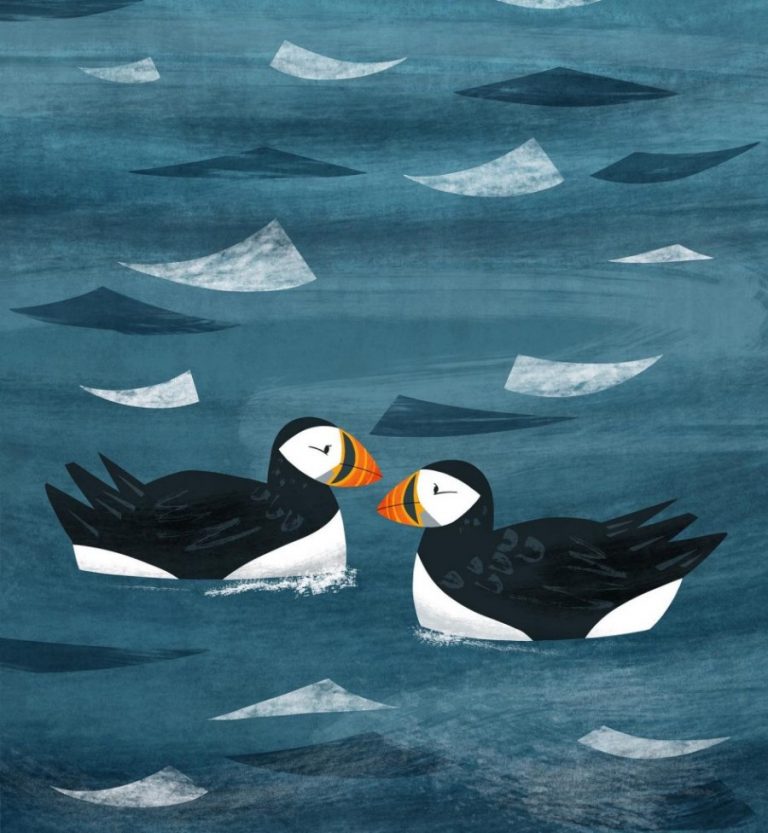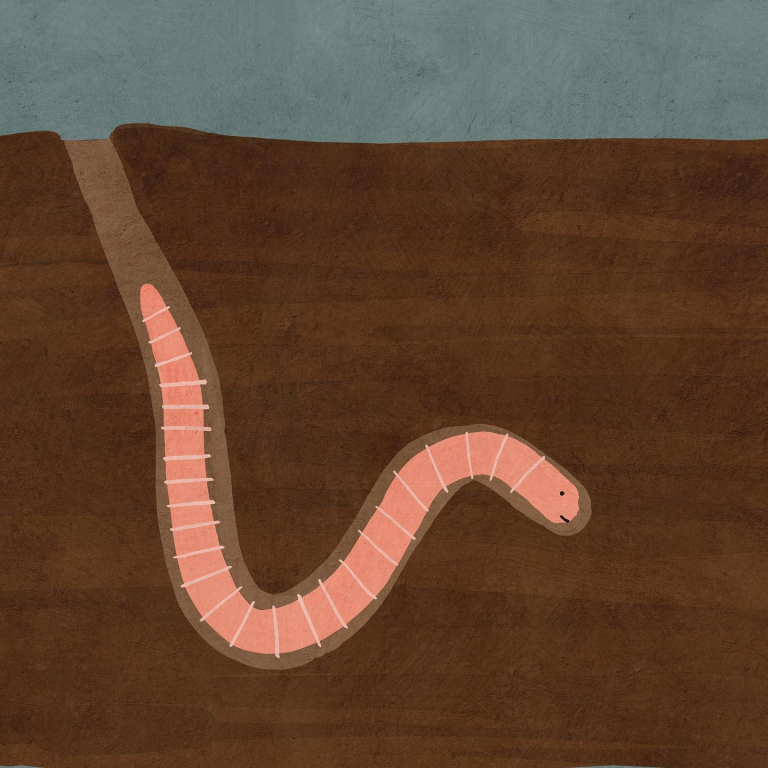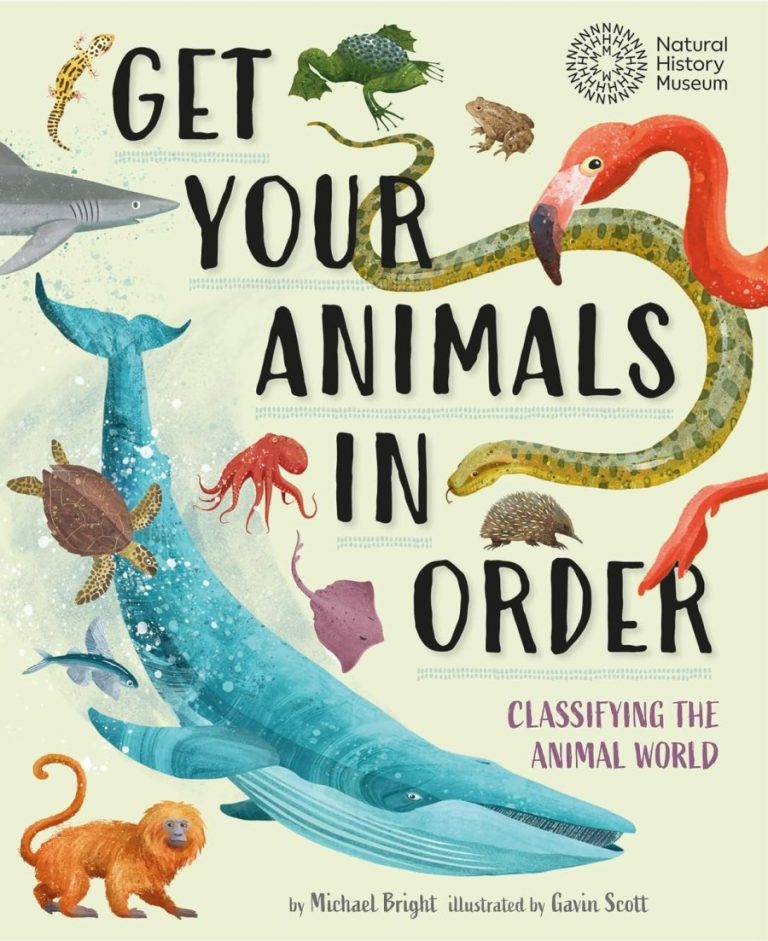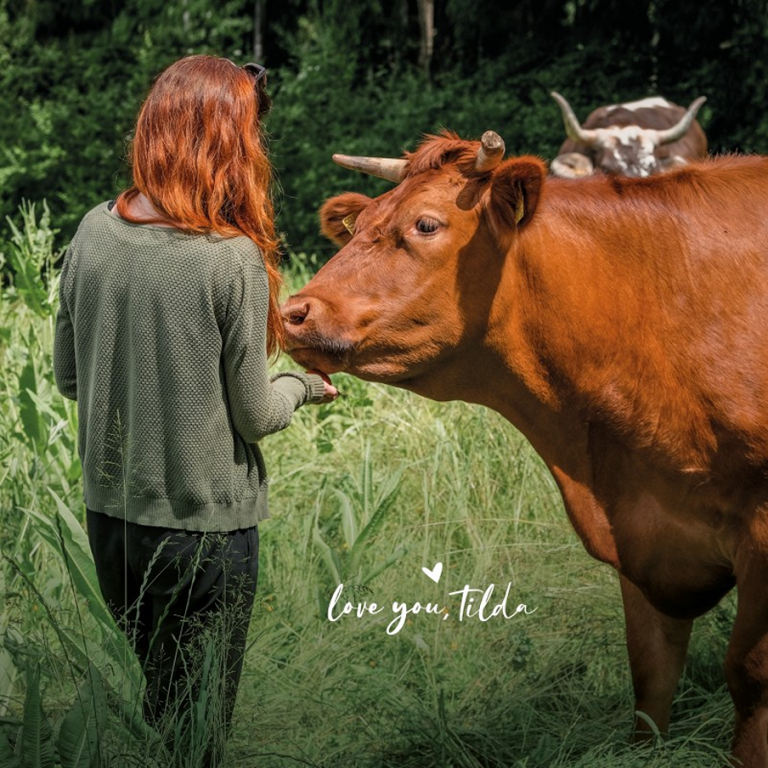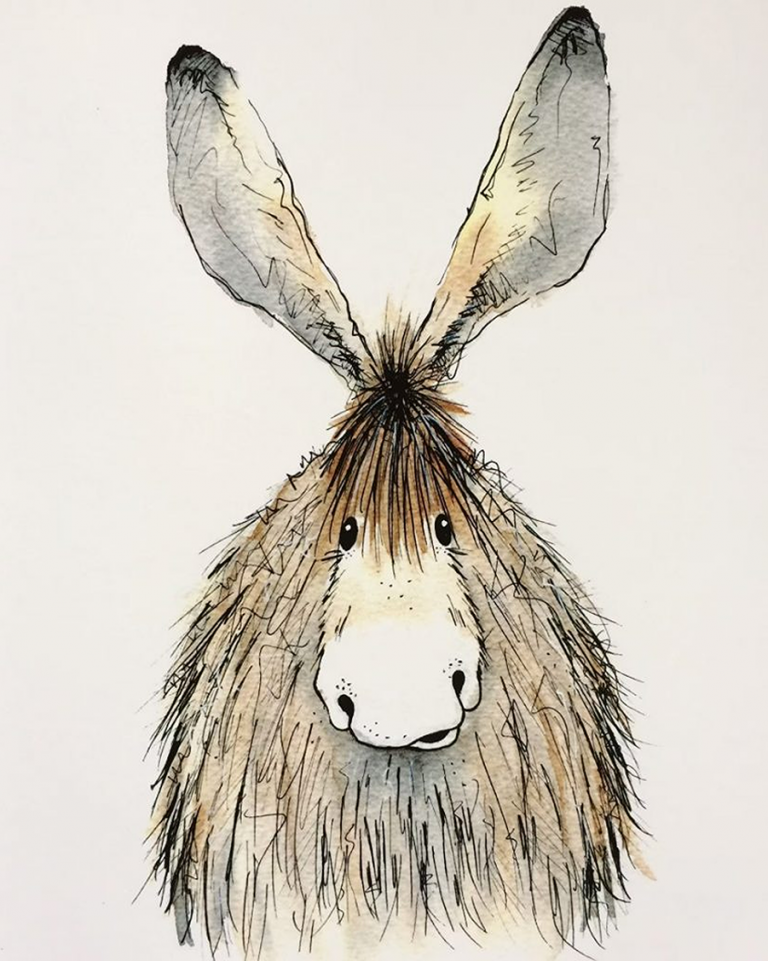
Rhinos are one of the world’s most endangered species, almost extinct due to being poached for their horns (made from keratin, the same stuff as our nails and hair). It’s complete nonsense that it has medical powers (in fact, protein could make cancer worse).
One doctor says using rhino horn to cure cancer is like ‘chewing your own toenails’.
Yet rhinos are killed for thousands of dollars per horn, to be shipped abroad as medicine for gullible idiots. The problem is so bad, that rhinos in zoos have been killed, to take their horns.
Recently, the last male northern white rhino died of natural causes. There are just two females left. So unless they interbreed with another species, the species will go extinct.
Loss of habitat is another factor (including the palm oil industry, which affects Sumatran rhinos in particular).
Even the smallest rhinos can weigh almost 100 stone, though they walk on their dainty tippy-toes, as they have tiny feet! The largest white rhinos can weigh over 500 stone.
But all rhinos are gentle herbivores, but of course will defend their young. All rhinos are grey (even ‘black’ or ‘white’ rhinos). Like elephants, the bulls are solitary, whereas females tend to be more social.
And just like elephants, rhinos have poor vision, relying on smell to get around. And like elephants, like to cool off and play in the mud.
The World’s 5 Rhino Species

Related to horses and tapirs, there are 5 species of rhinoceros:
- Black rhinos (less than 6,500 ) are African. They have pointed hooked lips, for grazing.
- White rhinos (16,000) are African. They have square lips, to eat grass.
- Javan rhinos (less than 70) are Asian. They have skin that looks like ‘plated armour’.
- Sumatran rhinos (less than 40-50) are Asian. They have two horns, with shaggy ear-air.
- Greater One-Horned Rhinos (around 4000) are Asian
These are super-scary numbers. So it’s urgent that we all collectively do what we can to help rhinos in the wild, to save this magnificent species.
Rhinos & Oxpecker Birds (friends!)
Oxpecker birds love to hitch rides on the backs of rhinos, to eat insects and ticks. So the rhinos are happy to have them travel along. They can also sense danger by movements of the bird, as rhinos don’t see well.
‘Askari wa kifaru’ is the Swahili name for oxpecker birds. It means ‘the rhino’s guard’.
Yorkshire ‘knitting nanas’ to help Rhinos!
In Yorkshire, a care home of ‘knitting nanas’ recently sent a homemade blanket to Hercules the baby rhino, expected to make a full recovery after a hyena attack.
One of the knitters said ”Seeing Hercules in one of our blankets has made my day. He’s such a cute little fellow’.
Donate Your Toenails, Save Rhinos!
One amazing idea from boffins in the USA, is to make ‘fake horns’ from donated toenails. This is because the DNA is the same. So by flooding the market with horns made from toenails (and making that fact known), no silly idiot is going to pay $100,000 for someone’s toenails.
So it removes the market. And if you remove the market, nobody risks poaching rhinos.
Support Anti-Poaching Gangs
The situation is now so serious that anti-poaching gangs (who risk their lives to save rhinos) are shooting poachers dead on sight.
This is because some poachers tranquillise rhinos from aeroplanes, fly down to remove the horns, then make a quick getaway.
One amazing idea from an Irish scientist is to attach heart monitors to rhinos. Then if the rhino starts running fast (to escape a poacher), it sends an audible alert to anti-poaching gangs. They immediately go on site. And no poacher can out-run a helicopter.
Would Removing Horns Solve the Issue?
Apparently not. This is because most rhinos hide in bushes, to poachers don’t know the horns are there or not, until the animal is killed.
Plus horns are integral for a rhino, in order to forage etc. So removing the horn would seriously impact a rhino’s quality of life.
In South Africa (which has the world’s highest population of rhinos), a new idea is planting (harmless) radioactive isotopes in rhino horns. So they are not just easily traceable, but makes them unattractive to poachers, as they are then worthless.
Please Don’t Visit Rhinos in Zoos
It may seem like you can ‘keep rhinos safe’ (you can’t, one was recently killed in a zoo break-in for its horn).
But there are professional anti-poaching gangs abroad, who can not just protect rhinos, but let them live natural lives in protected parks, rather than be bored in cages.
Avoid Palm Oil
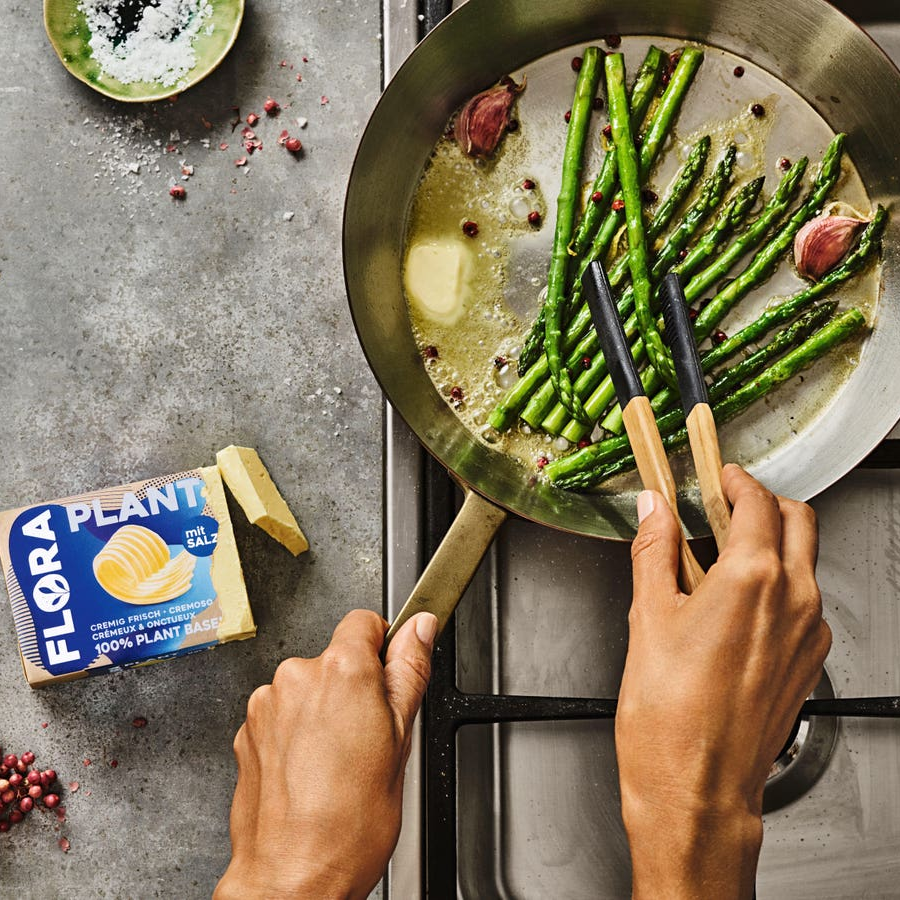
Choosing palm-oil-free vegan butters like Flora is a good idea.
Like orangutans, Sumatran rhinos are at risk from the palm oil industry. Where their forests are torn down to plant quick-growing trees to supply a saturated oil (flown thousands of miles) to put in our junk food and bars of soap.
Greenpeace says the term ‘sustainable palm oil’ is as useful as a chocolate teapot. It has no legal backing, and some RSPO-certified farms have been found to be just as bad at not protecting these critically endangered creatures (near extinction already).
The easiest way to avoid palm oil is simply to cook homemade meals, and search health shops for soaps without palm oil (sodium palmate). Also read our post on alternatives to palm oil.
Support IFAW (rescuing rhinos in the wild)
IFAW is the major charity that works against wildlife crime. Poachers often now try to sell animals abroad online – the EU is the third most common destination. IFAW has already managed to drastically cut the trade, and needs everyone’s support.
You can support IFAW in various ways: Whether it’s an anonymous donations through Charities Aid Foundation or even donating unwanted shares.
A no-brainer way to help is to join easyfundraising and nominate IFAW as your cause. Then any time you shop from one of the 8000 partners (indie shops, Argos, Amazon, insurance, train tickets), a portion of profits goes to them.
It costs nothing to donate, nor does it affect loyalty points.
Report wildlife crime at National Wildlife Crime Unit or Crimestoppers (anonymous, if wished). Also submit reports to Born Free (and tell the local police, tourism operator and animal welfare organisations).
Tees to Support Rhino Conservation

Help support rhino conservation charities, by purchasing organic cotton tees and hoodies (made with green energy and sent in zero-waste packaging) from Saving Rhinos Fashion.
Organic cotton is better for the planet, and next time you replace, choose this brand instead of high-street staples.
You can also buy organic bags and backpacks to help support the cause.
Artisan Spirits (to help endangered rhinos)

Urban Rhino uses profits to help save critically endangered white rhinos. The founder’s friend had decided to build the world’s first rhino orphanage (the first orphan arriving even before it was built).
The range includes:
- London Dry Gin
- African Spiced Rum
- Dragon & Lime Liqueur
- Chocolate & Tonka Bean Rum
So each sip ensures you are helping babies who have lost their rhino parents to find safety from poachers. Distilled in Henley, this gin contains six botanicals (juniper. lemon peel, coriander seed, orris root, cassia bark and liquorice root).

